Testimonials
Our Alumni
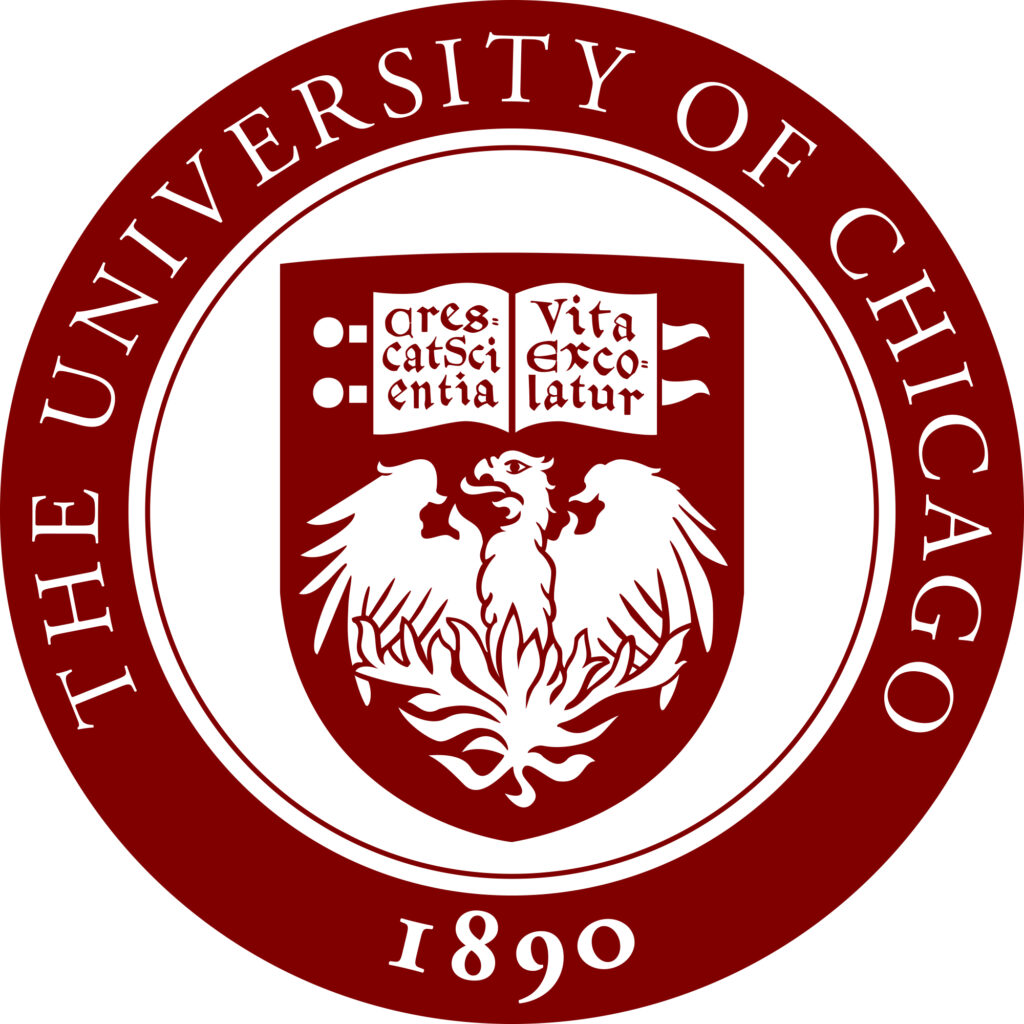
Daniel Hu
Phillips Exeter Academy
2021 Joined AARD
Research Training at Harvard Center for Nanoscale Systems
IEEE Nano Conference 2022
Paper published
Jessica Li
Boston Latin School
2022 Joined AARD
Research Training at Harvard Medical School Brigham and Woman Hospital Labs
Animal Models
Project Summary Abstract Published
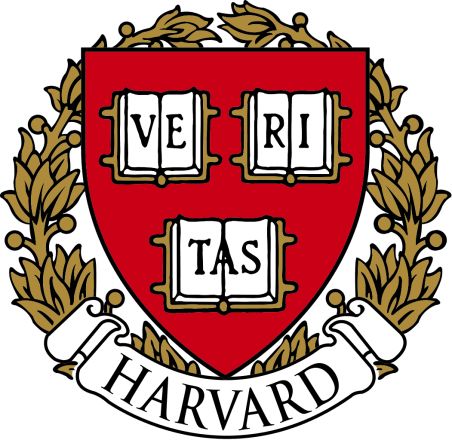
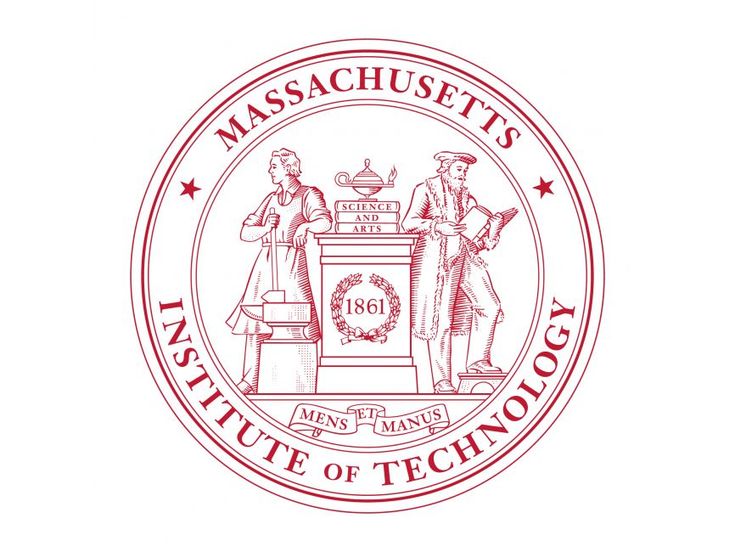
Alex Li
Acton High School
2022 Joined AARD
A.I. training
Paper published
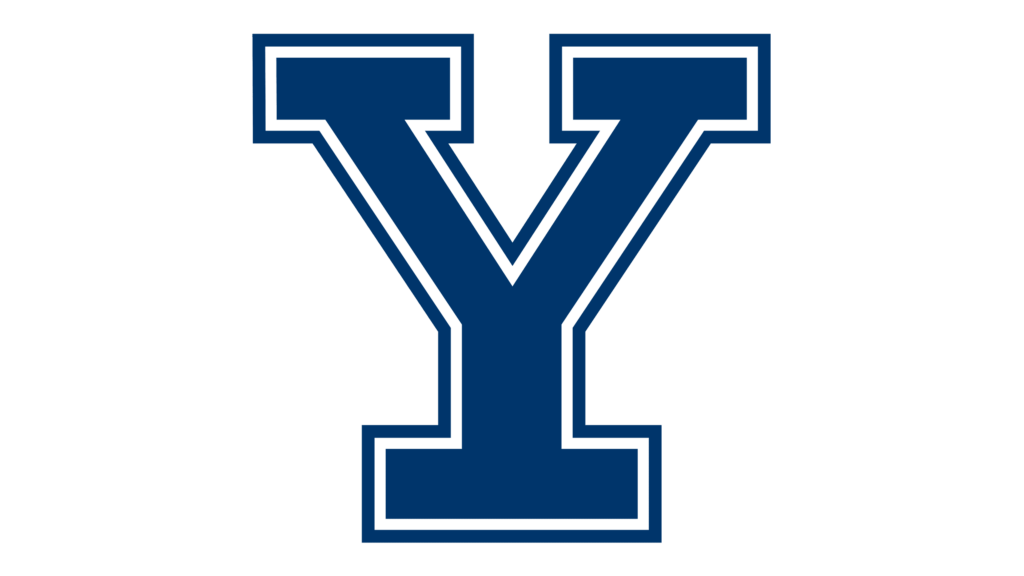
Daniel Lu
San Diego
2022 joined AARD
Paper Published
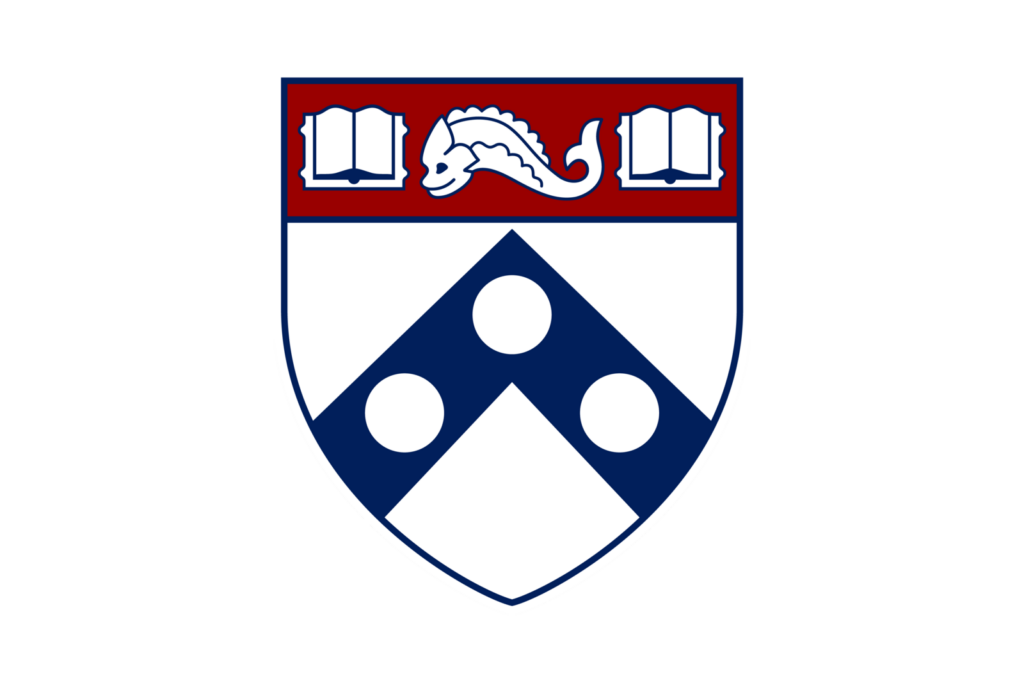
Tom Huang
Wellesley High School
2021 Joined AARD
Research Training at Harvard Center for Nanoscale Systems
IEEE Nano Conference 2022
ACS Fall 2022
1st Place MA Science Fair
Testimonials
My name is Daniel. I am currently a sophomore at Phillips Exeter Academy, and I’m from Acton, Massachusetts. My interests are rowing, debate, science, and math. Coming into AARD, I didn’t really have that much of a background in science–basic physics, and a little bit of chemistry, but not that much. I think AARD has really helped me expand my knowledge of those two subjects really well. I think that’s been really helpful for me in school and also just the way they teach you also helps you learn by yourself. I came in during the 9th grade summer into 10th grade, so just a few months ago, and I did a project on using nanotechnology to find the creatine in your blood, which is used for tracking kidney disease, and using nanotechnology to track concentrations, which is really beneficial for diagnosing chronic kidney disease early. Generally it’s been a really awesome process. I’ve been working with Colin and Arthur and I’ve been learning a lot, specifically about the machinery and the technology behind it. I think it’s been a great process and it’s been really helpful for me as a student and as a person beyond just learning, so it’s been awesome.
- Daniel Hu
Hi, I’m Tom. I’m a sophomore at Wellesley High School. I joined AARD this past summer, and I’m currently doing research within the nanotechnology field. More specifically, I’m doing nanotechnology detection on PFAS or per and poly-fluoroalkyl substances. These are chemical pollutants that aren’t paid attention to by governments, even though it’s a dangerous, cancer-causing pollutant. For the past couple of months, I’ve been focusing on using nanotechnology to develop a new screening method as there are no official screening methods currently. I’m also planning on doing seasonal detection of PFAS so I can observe how PFAS change with my new testing method. One thing I appreciate about AARD is the creative freedom and independent setting that encourage you to utilize your specific skill sets. In middle school, I found myself really disconnected from the skills I was learning, so I didn’t feel satisfied or fulfilled in pursuing my interests. For example, I didn’t feel excited about learning science because I didn’t have the satisfaction of applying it to help society, which is something that I wanted to do. Speaking about the process, at first, you pick what you want to do, and then you start learning the skills and background information by reading background research papers. It’s the student that’s responsible for their project-related work. The student is doing the data collection. The student is writing the paper draft. Overall, I felt like I was in control the entire time. But that being said, when I was confused or needed help, my mentors were always easily reachable by email or Zoom to help me with my problems. Because of that, I felt confident stepping outside my comfort zone. All in all, the control I have over my project and readily available guidance both made my experience at AARD enjoyable. So far, AARD has been helpful in my development as a scientist, and I would recommend any student interested in STEM to give it a try.
- Tom Huang
Hi, my name is Anker. I’m a rising senior at Shady Side Academy. My research covers a novel method of diagnosing depression. Depression affects about 7.1% of the US population age 80 or older. And yet, up to 80% of those treated for depression show a huge improvement in their symptoms, generally within four to six weeks of getting their treatment. In my research, I first obtained a dataset of facial images from neuro.com. After my images, I split my data into a training and testing data set and input it into my face decoder. After inputting my data, I got about an 86% accuracy rate using my decoder. I also used data exclusion to create a more accurate method. So what I learned from this is that the Space Nine classifier is a fairly accurate way of diagnosing depression through fMRI images within about an 85% rate of diagnosis. In the future, I may try different convolutional neural networks such as Karis to explore the feasibility and I’ll compare it with space mouse results, and also try using more data as well as better data to study depression, so as to improve diagnosis and treatment for mental health.
- Anker Zhao

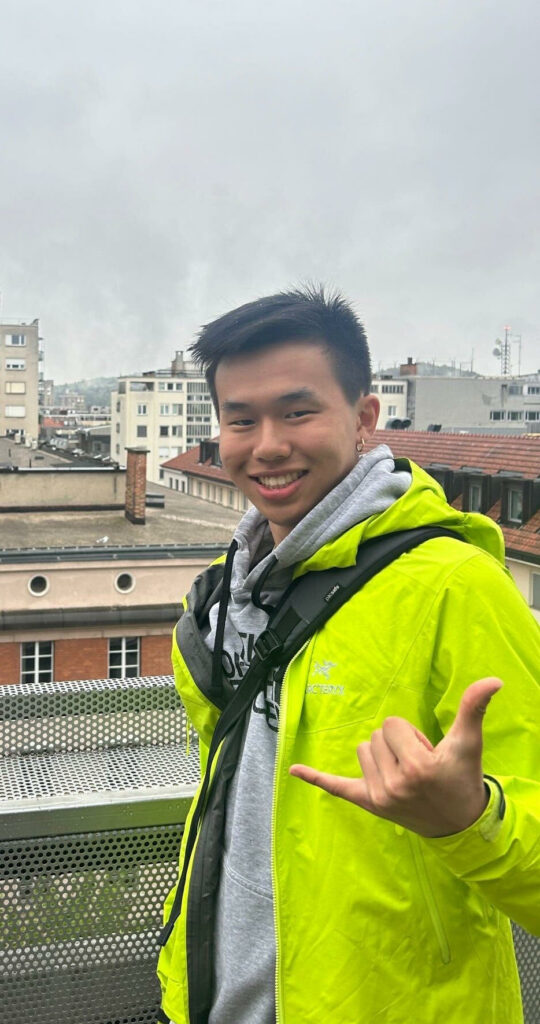
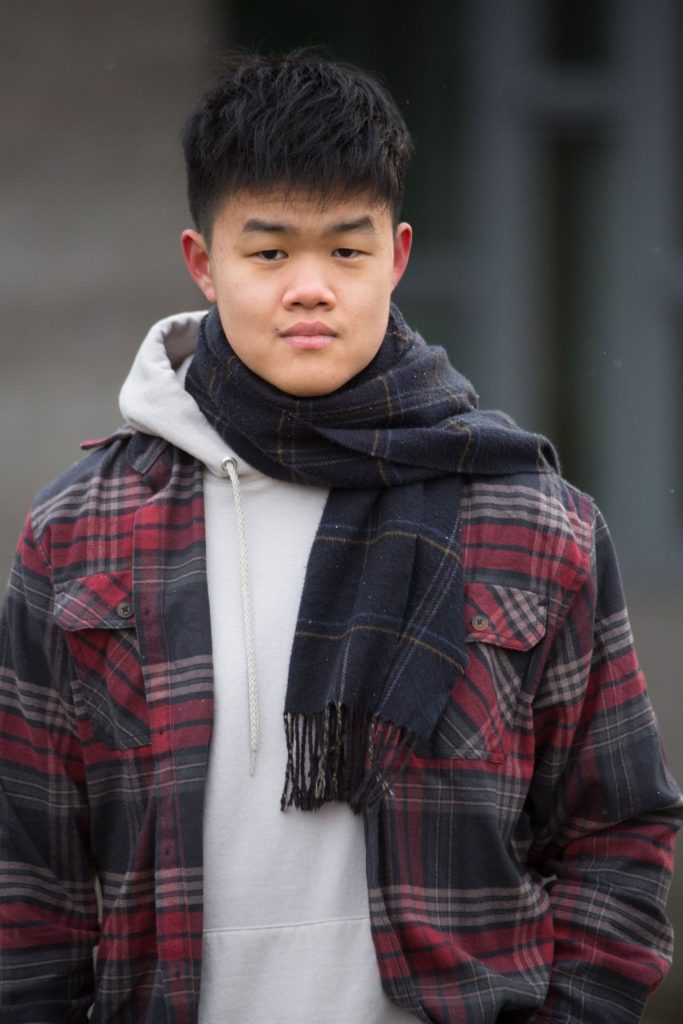
I did nano research work with AARD in 2022. The experience was pivotal in the formation of my current career goals: research and academia. AARD allows students to explore the process of independent research, from reading background papers, coming up with your own idea and procedure, running experiments, working on data analysis, and composing a scientific paper, along with presenting in a formal setting. AARD also offers continuous support, and even after the summer program I have asked AARD for recommendation letters, help with preparing for conference posters, and more. They are always there to offer students support and guidance, and while AARD is challenging, it is not a program with everything detailed out for you. They expect initiative from students, but still provide support from professors and TAs. Overall, I am grateful for AARD as my first formal research experience that inspired me and challenged me in equal measure.
-Caroline Song
I’d like to thank Dr. Helen Zeng and AARD for providing a research opportunity and for guiding me throughout the project. I also appreciate Dr. Arthur McClelland for helping me with the Raman spectra data collection. From my experience, the most difficult part of the process was the background research because of how confusing it can be when delving into a new research topic. However, overcoming those challenges greatly facilitated the experimental research process and I’m grateful that I faced them. Overall, my experience at AARD was extremely helpful in helping me understand how to conduct scientific research and write papers, and it was a really precious experience.
- Shiqi Min
I am grateful for the intern research opportunity offered by the Academy for Advanced Research and Development (AARD). My project was partially supported by the Scholarship of AARD for Future Scholars.
I think it was helpfulto beg able to work on our research remotely and then go into the lab for seminars and our group presentations weekly. And having the advisors like Dr Misha helping me develop my project idea, and then helps a lot with like coding issues and stuff like that.
